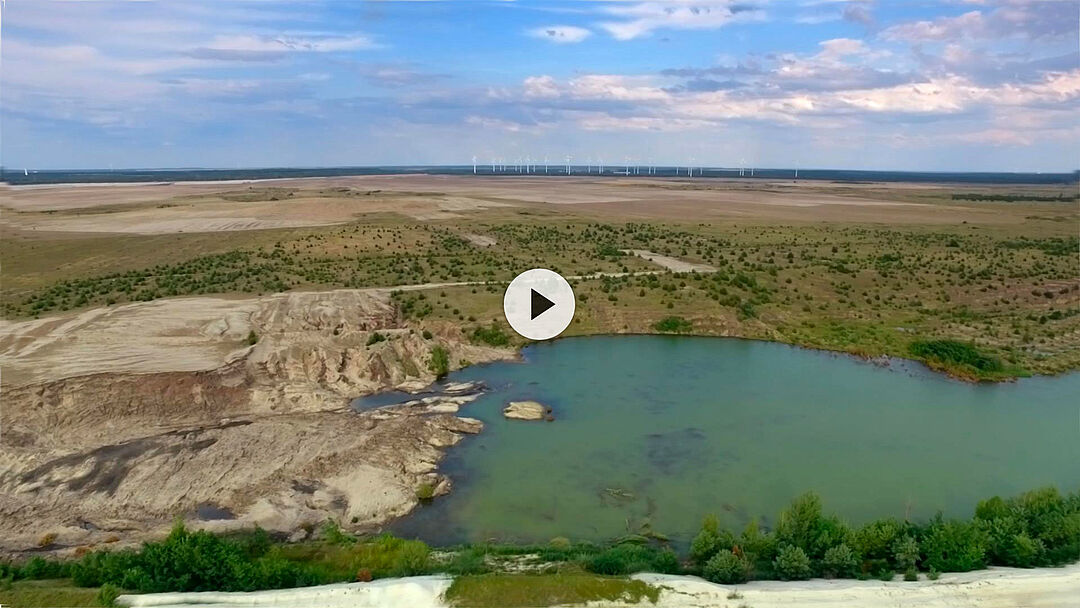Federal State of Berlin: Water in Lusatia (WasserKultur)
Sustainable development of lignite succession landscapes from the perspective of water availability in Berlin-Brandenburg and in consideration of climate change
Study site
Lusatia (Upper Spree), Brandenburg, Germany
Project partners
Berlin: Technische Universität Berlin - FG Sustainable Engineering (TUB)
Brandenburg: Forschungsinstitut für Bergbaufolgelandschaften e.V. (FIB), Leibniz-Zentrum für Agrarlandschaftsforschung (ZALF)
Funding
Funding is provided by the State of Berlin & the Technical University of Berlin, funding measure "Pro Sustainability".
Project period
2021 -2023
Film: Water emergency in Lusatia
Tuesday, August 25, 2020
Polluted drinking water, turbid lakes

![[Translate to English:] Rekultivierungslandschaft Projekt WasserKultur [Translate to English:] Bild von Rekultivierungslandschaft Projekt WasserKultur](https://www.static.tu.berlin/fileadmin/www/10002333/Forschung/Wasserkultur/Rekultivierungslandschaft.jpg) © Irina Engelhardt
© Irina Engelhardt
![[Translate to English:] Projekt Konzept WasserKultur [Translate to English:] Bild von Projekt WasserKultur](https://www.static.tu.berlin/fileadmin/www/_processed_/5/c/csm_Projekt-Konzept_aa55f32fc3.jpg) © Irina Engelhardt
© Irina Engelhardt
